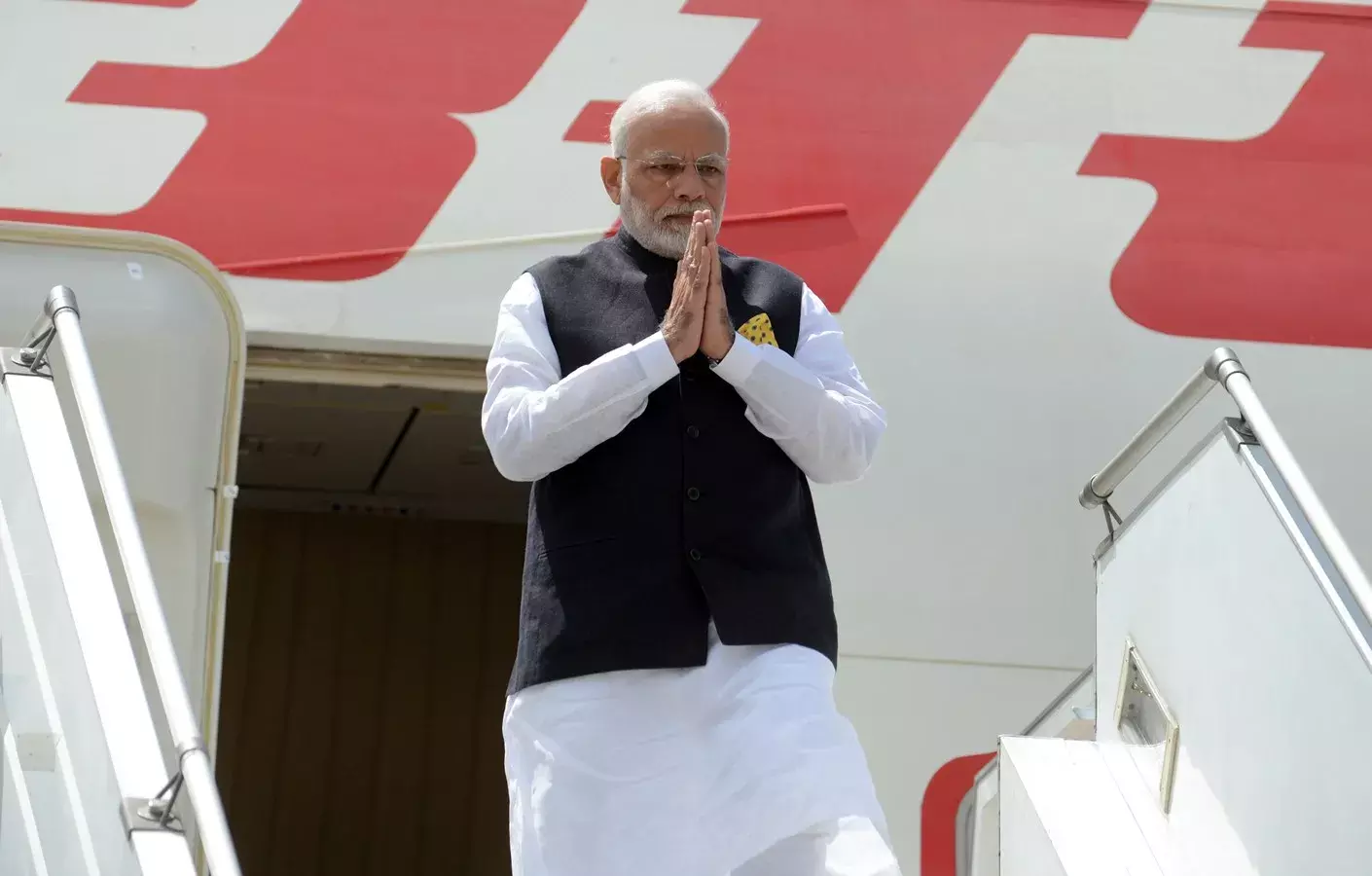PM Modi's High Approval Rating Among World Leaders: What We Know
The BJP has showcased data from an American firm to claim that Modi has high approval for his handling of the pandemic.

Recently BJP President JP Nadda referred to statistics provided by a US data intelligence firm Morning Consult that reportedly projected high approval ratings for Prime Minister Narendra Modi, placing him above leaders from 13 democracies across the globe. He said that the PM "as yet again emerged as the most popular head of government for his efficient handling of various issues and management of the COVID-19 crisis."
Union Defence Minister Rajnath Singh and Union Environment Minister Prakash Javadekar also offered their congratulations. The "popularity and credibility of PM Modi" has been recognised globally, said the former, while Javadekar said, "The PM has broken all records of popularity at a global level and has given dynamic and decisive leadership."
The Morning Consult ratings are based on a seven-day moving average of adult residents in each country, and samples sizes vary by country. According to the survey, which has been tracking approval for the PM Modi since at least August, 75% approve of him while 20% disapprove, putting his net approval rating at 55%, as of December 22. The firm, established in 2014, is a privately-held data intelligence company that carries out surveys and research across the world and provides global survey research tools, data services and news to organisations in business, marketing, economics and politics.
The website shows ratings for leaders of Australia, Brazil, Canada, France, Germany, Italy, Japan, Mexico, South Korea, Spain, the United Kingdom, and the United States. Data for some countries is available from earlier in the pandemic. PM Modi has the highest ratings through the months, touching the peak of 84% in August of last year. Currently, Mexican President Andres Manuel Lopez Obrador trails behind PM Modi with 29% rating, German Chancellor Angela Merkel is at 24%, US President Donald Trump is at -15% and UK Prime Minister Boris Johnson is at -18%. French President Emmanuel Macron has the worst approval rating at -25%. These are no means definitive numbers but are continually updated.
According to the website, the sample size for India, with a population of 1.35 billion people, is 2,126. Other countries with smaller populations have higher sample sizes like the US at 4560 (against a population of 328 million), Germany at 3469 for a population of 83 million and Japan at 3469 for a population of 126 million. The margin of error is 2.2% for India.
Not unlike in India, leaders in some other countries have also shown off the ratings as a means to bolster their support at home. President Obrador called a press conference to highlight his ratings that placed him second compared to other world leaders and said he had to do it because the local media wouldn't acknowledge his triumphs.
Saurabh Vyas, the founder of the consultancy Political Edge, says neither the data nor the methodology of the survey has been made public so he can't comment on how true the ratings are to actual sentiments on the ground. There are a lot of biases inherent in surveys and these can be mitigated to some extent by figuring out trends rather than make judgements based on a single question. This becomes even more complicated when comparisons are drawn across different countries. "The sample size is very small. But we also don't know if it is a true representative of the population. Does it have participants from states like Tamil Nadu, Kerala and Punjab, for example where the PM's approval might not be high or is it restricted to the Hindi heartland where he enjoys a lot of popularity?"


